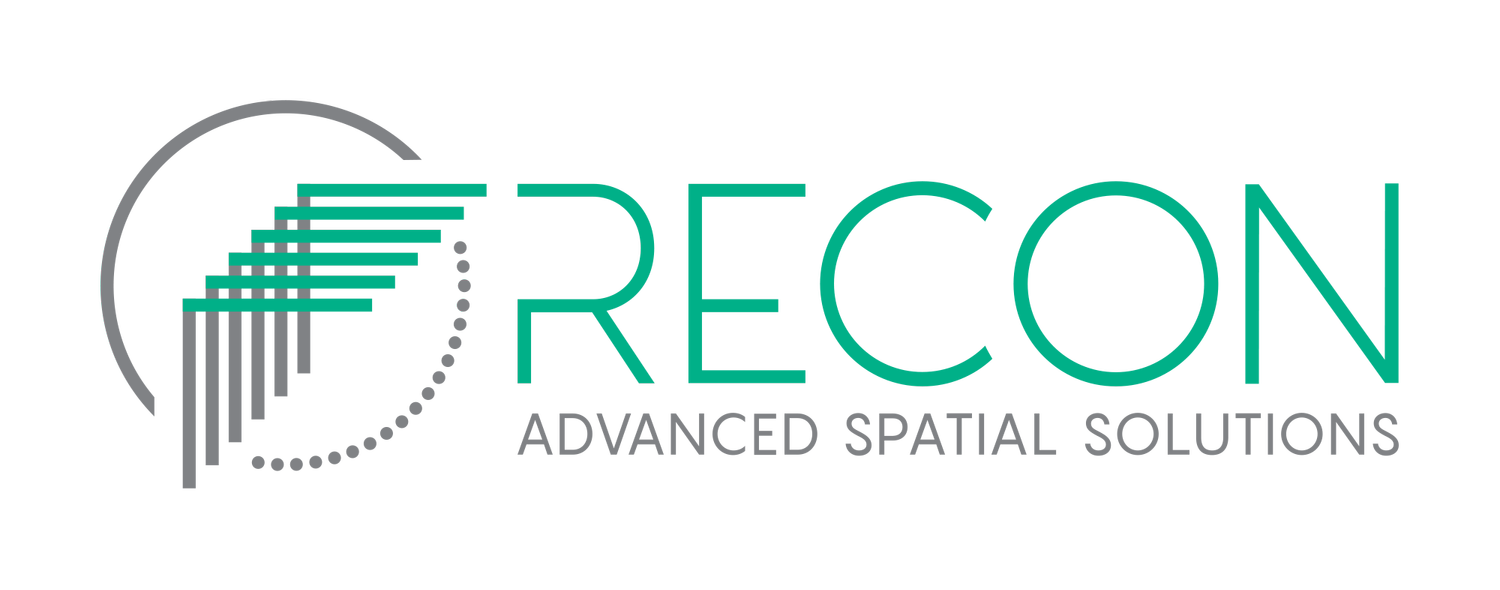Far North Solar Farm Ltd Tackles Power Crisis
New Zealand has an aspirational goal of reaching 100% renewable electricity by 2030 and have 50% of its total energy consumption come from renewable sources by 2035. As a utility-scale solar asset developer, Far North Solar Farm (FNSF) is helping reach these goals.
Far North Solar Farm has 11 solar farm sites in various stages of development around the country. Combined, the pipeline of projects equates to a total generation capacity of 1.4GW – enough clean, renewable electricity to power around 250,000 homes - more than the entire city of Wellington - each day!
Recon Ltd has worked with FNSF on surveying proposed solar farm sites by capturing 3D LiDAR and aerial photography of the sites. From this combined data Recon extracts all the critical features of the site, such as tree locations and heights, existing power infrastructure, buildings, roads and drains. The LiDAR provides an accurate terrain model and anything that isn’t visible from the air, such as culvert inverts, are surveyed via GNSS.
UAV survey for solar farm design
All of these data sources are combined to provide a feature-rich, highly accurate 3D representation of the site in CAD format.
“The Taranaki site was particularly challenging as it had multiple service lines which required setbacks running through it, trees, and drainage ditches. The information Recon provided allowed us to drill down and get much further down the track of confirming the potential of the site,” said Greg Hay, FNSF. “The data from Recon was intricate and nuanced, and provided a high level of detail”.
There are a few key attributes that make an ideal site for solar farm development. The first is relatively flat land, which simplifies installation and minimises visual impact from trees and shade. Proximity to a power grid connection is also crucial, as a shorter connection reduces costs and improves efficiency.
“Until you get the data through, you are not able to ascertain a site’s suitability for development. It was a positive experience working with Recon; what we asked for was delivered in a timely manner.”
3D LiDAR surveys offer significant advantages for solar farm development and maintenance. They provide detailed elevation data essential for accurate site assessment, shading analysis and infrastructure design. During construction, LiDAR data enables progress monitoring and ensures the installation matches the design plans. Post-installation, LiDAR surveys help track the condition of both the solar farm and its surroundings, supporting maintenance and spotting potential upgrade opportunities.
Overall, 3D LiDAR surveys enhance the accuracy, efficiency, and effectiveness of solar farm projects from initial planning through to ongoing maintenance.
Enquiries to Recon can be made through our freephone 0800 732 669 or email info@recon.nz.


